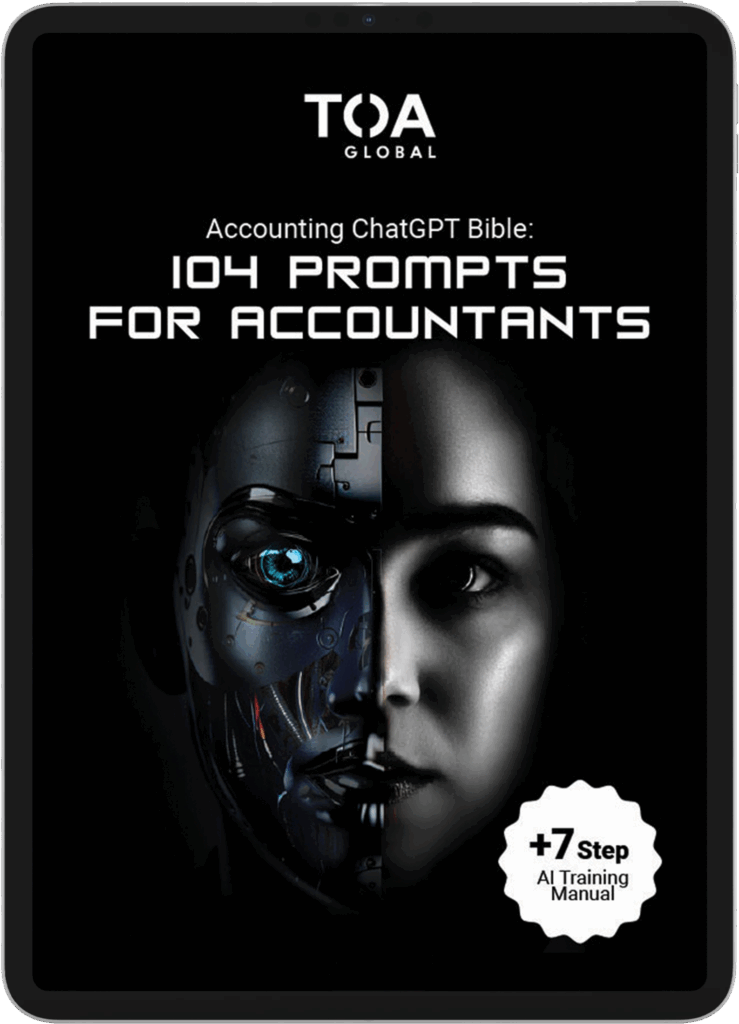There was a 14% increase in the number of part-time workers in Australia since 2011, according to data from the Australian Bureau of Statistics, compared to the number of full-time workers, which only gained 4%.
Today, one in three Australian employees are working part-time as opposed to one in ten more than a decade ago.
This only means one thing: the gig economy has reached the Australian shores.
The Rise Of Gig Economy In Australia
Gigging is on the rise around the world and Australia is catching up. According to data from the Reserve Bank of Australia (RBA), the country ranks only behind Switzerland and Netherlands with the highest number of part-time employment.
Compared to international standards, part-time employment in Australia is higher across all industries, age bracket and gender. It rapidly increased during the past few decades. The spike in casual workers was evident in sectors that are lower paying than others.
Business Insider reports that casual workers now make up a fifth of the country’s workforce. The exceptional speed in which the gig economy opens up opportunities for the workforce. But what does it mean for accountants?
While gigging presents more avenues for flexibility and possible career development, it also paves the way for questions:
How will this affect the accounting profession?
Will short-term employment negatively impact accountants’ income?
Accountants have nothing to worry, apparently. Career website Career Cast reported that according to data from the US Bureau of Labour and Statistics, accounting is one of the top freelance jobs.
Drivers Of Gig Economy

The rise of the gig economy was predicted as one of the drivers of the accounting profession for 2018.
Based on a survey of more than a thousand Australian casual and contract workers, work-life balance is the main reason for going the gigging path (87%). There’s a 90% satisfaction rate for people who have control over their work-life balance. The satisfaction rate is also high for people with the freedom to select who to work with (85%).
Personal preference
For many, the choice to head down this route is mostly due to personal preference. Based on data from the RBA, two-thirds of employees cite personal preference, study commitment and raising a kid as the main reason for choosing casual employment.
Cost-savings
The spike can also be attributed to employers hiring temporary workers to save on costs. Structural changes in the economy have also driven the rise in gig workers. The increase in the services sector fueled the increase in part-time and casual workers.
Evolving business models
Another driver is the need for firms to improve the flexibility of their business models, where they hire people on a need-basis.
Technological advancements
Automation has significantly altered the landscape. The prevalence of accounting apps and software has made it easier for business owners. By embracing technology, they can now take care of keeping track of expenses and creating and balancing sheets.
The question is: can this take care of financial advisory?
Impact On The Accounting Profession
The accounting landscape is continuously changing and accountants need to adapt to remain relevant.
Accountants who opt to freelance can find outsourcing platforms that offer potential clients. Businesses are more likely to spend more on a per-task basis because gigs offer a lower cost structure compared to having full-time employees.
Business owners can satisfy their needs for bookkeeping, tax preparation and routine compliance by going for the casual workers.
This model presents the potential to create more income for accountants. However, because employers will hire on a need-basis only, accountants may not earn an income equivalent to a full-time wage.
This begs the question: how can accountants create a steady source of income?
The answer lies in two things: offer more than compliance services and tap into the huge market of other service providers.
Provide business advisory services
More than routine compliance, businesses depend on accountants for business advisory. They will require professional recommendations on SMSFs and investment options. An accountant who can offer high-value services has a better shot at create a more stable income source.
Provide accounting services to other freelancers
Even with the convenience offered by accounting software and tools, nothing can replace the type of expertise a real accountant provides. Remember that technology isn’t created to replace accountants; it’s meant to complement the services they offer.
Many gig economy workers will need help with tax preparation. Filing taxes as a freelancer can be challenging and overwhelming even for the most experienced professionals. So who will they turn to for advice? The answer: you.
Ways Accountants Can Win The Gig Economy

Take advantage of technology
Technology has drastically altered the accounting profession the same way it significantly impacted the gig economy. Harness its power to improve your services. If you’re a firm or an individual practitioner, technology can boost productivity and enhance capacity.
Be a business partner for your clients. Be a mentor and help them understand technology can impact their business and how their business run. By embracing technology, you will be able to work virtually from anywhere, which means you can deliver services whenever, wherever.
Become a trusted advisor
Trust is the currency in the gig economy. Clients are more likely to pay for services from professionals they know they can count on. As previously mentioned, freelancers and casual workers will need help with tax preparation and they will need someone reliable to carry out such services.
Here are more helpful tips:
- Simple and effective ways to retain clients
- Productivity tips to improve client experience
- Add more value for your clients
- Adapt with client expectations
Conclusion
The culture of gigging is starting to become popular with many people not just in Australia but in other parts of the world as well. This unconventional way of working has opened up opportunities for everyone.
It has pros and cons but accountants can win in the rising gig economy.
- Gigging will become one of the main drivers of accounting in 2018.
- Data shows that accounting is one of the top freelancing jobs.
- Among the things that drive the gig economy include personal preference, cost-savings, technological advancements and evolving business models.
- Accountants should seriously consider providing advisory services and accounting services to other freelancers.
- To win in the gig economy, accountants must take advantage of technology and become the trusted advisor.
The Outsourced Accountant helps accounting firms from all over the world grow their capacity, margins and profits through global outsourcing. Contact us to find out more about how we can help your firm.

















